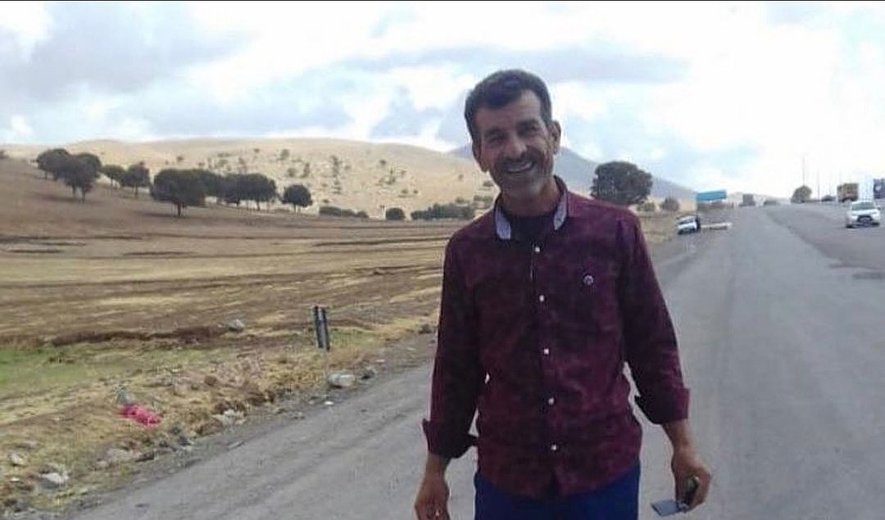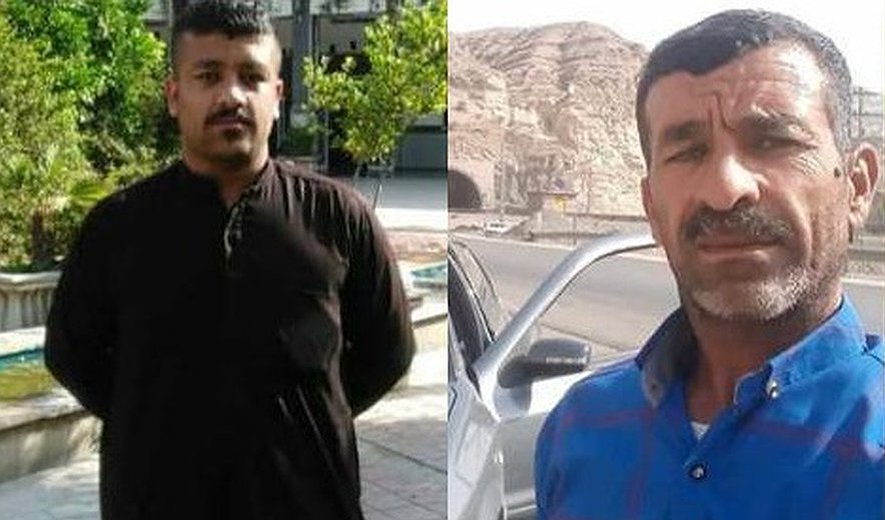Iran Human Rights Warns of Protester Abbas Deris’ Imminent Execution

Iran Human Rights (IHRNGO); July 9, 2023: November 2019 protester Abbas Deris is at serious and imminent risk of execution. Per his lawyer, the Supreme Court has upheld his death penalty for moharebeh (enmity against god) charges.
Warning of Abbas Deris’ hasty and imminent execution, Iran Human Rights calls on the international community to take action to save his life.
Director, Mahmood Amiry-Moghaddam said: “Abbas Deris is at serious risk of being executed in the very near future and the only way to save his life is to raise the political cost of his execution. There’s no evidence against him but torture-tainted forced confessions, his sentence is unlawful not only according to international laws but even according to the Islamic Republic’s own laws.”
His lawyer, Fereshteh Tabanian tweeted that Abbas Deris’ death sentence had been upheld by Branch 39 of the Supreme Court without any regard to the filed objections on 5 July. She stated that she will be appealing the decision that she was not even informed of.
An informed source told Iran Human Rights: “All the evidence used at trial to issue the verdict came from the IRGC (Islamic Republic Guards’ Corps) Intelligence Protection Organisation. Abbas and his brother Mohsen were tortured to force false confessions.”
50-year-old Abbas Deris is a father of three children who was arrested along with his 30-year-old brother, Mohsen Deris in the Mahshahr canebrake crackdown during the November 2019 nationwide protests. They were initially charged with “moharebeh (enmity against god), disrupting public order and participating in the murder of a special unit officer.” In October 2022, Abbas was sentenced to death for the moharebeh charges and his brother was acquitted.
A murder case was also brought against the brothers in the Criminal Court. After the Revolutionary Court sentencing, they were transferred from Mahshahr Prison to Ahvaz Prison to face trial. On 11 December 2022, their lawyer tweeted that the victim’s family in the case had chosen to forgive in the case. Those charged with the umbrella term of “intentional murder” are sentenced to qisas (retribution-in-kind) regardless of intent or circumstances due to a lack of grading in law. Once a defendant has been convicted, the victim’s family are required to choose between death as retribution, diya (blood money) or forgiveness.
The Mahshahr canebrake crackdown which took place in November 2019, is considered one of the most bloody crackdowns in the Islamic Republic. According to eyewitnesses, security forces opened fire at the unarmed protesters who had blocked the street in Chamran (Jarahi), northern Mahshahr, killing many people. When protesters ran towards the canebrake next to the street to take cover, security forces fired heavy artillery and set parts of the canebrake on fire, killing more people. An eyewitness told Iran Human Rights: “At least 20 people were killed on the street and 40 killed in the canebrake.”


